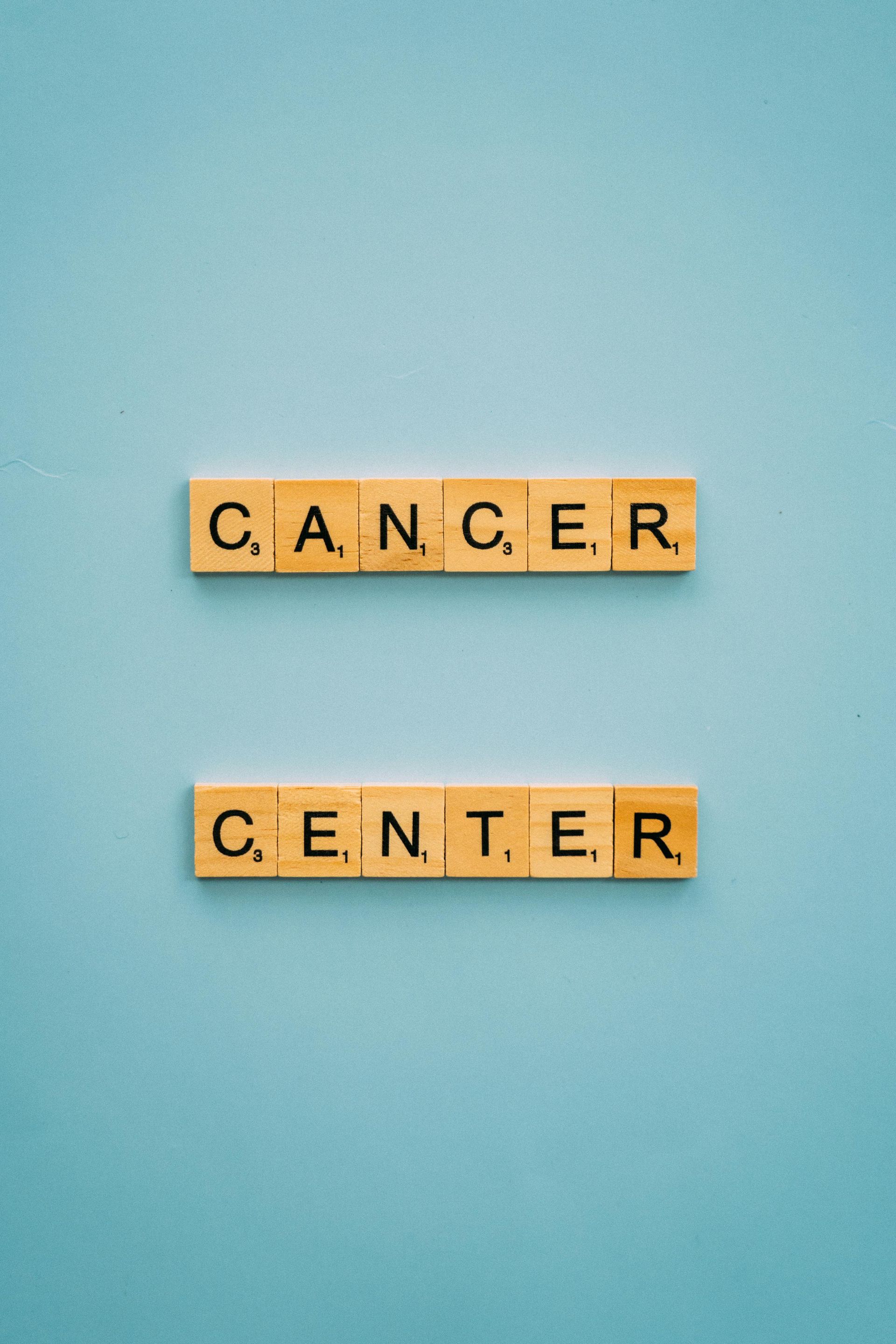The RAS cancer switch – Can we turn it off?
Is there such a thing as a cancer switch? Faced with a new diagnosis of cancer, one often wonders how it developed , and if there was indeed such a thing as a cancer switch, how to turn that switch off?
RAS ONCOGENE
Yes Virginia, there is such a thing as a cancer switch, and the RAS protein is one of them. RAS stands for "Rat Associated Sarcoma virus protein" a very tiny cancer causing protein that was discovered in the rat sarcoma virus. In the normal cell, it is inactive but when this protein develops a defect or "mutation", it no longer controls regular cell division and now makes cancers very aggressive. ("Oncogene" means Onco-"Cancer" + gene. )
This is only one of the reasons why some cancers are so difficult to treat. And also why many cancers respond to regular chemotherapy for only awhile, only to relapse just a few months later.
CONTROLLING THE ENTRY OF SIGNALS
The RAS protein attaches to the inside of the cell membrane, and waits for signals coming to the cell surface from outside the cell.
Like a doorman sitting inside the entrance of the doors of a department store, the RAS protein waits by the door and decides whether to allow the signals coming through the door, into the rest of the store. Once they approve the visitor, they lead the signals into the inside of the store through a long pathway, until they reach the inner storeroom ( nucleus or brain of the cell ). There the nucleus makes more proteins, which eventually produce more new cells.
A BROKEN CANCER SWITCH
A CANCER IS BORN
When there are too many cells, the RAS protein decides to turn away new signals, in order to prevent overcrowding inside the store. It does this by deactivating itself by binding to a G protein called GDP which is a small portion of your DNA. When there is a defect in the RAS protein, it binds instead to GTP and it loses the ability to deactivate itself and as a result the doors to the cell remain perpetually open. In other words, it stays active. Signals keep coming, and the cell keeps sending these signals endlessly through the pathways into the the inner cell, and tumors are born. Cells cannot stop dividing.
This RAS protein is the cancer switch that now failed to switch off!
RAS cancer switch When attached to GTP, it turns on, causing cancer to grow, Attached to GDP, becomes inactive, and cancers stop growing.
Nowadays, every other flip of a magazine page brings me to an advertisement of the latest fashionable cancer drug boldy emblazoned in glossy print. Theses ads somehow are promising us that a cancer cure is finally on the horizon.
New biologic agents promise to target the tumor signaling pathways that encourage tumors to grow, divide and invade. Sounds like a winner eh? Chemotherapy to kill the cells and biologic agents to block the receptors and signals? But wait, there is one problem that needs to be addressed and that is the tumor "Switch". Even if you block one of the pathways, or even if you block one of the doors ( we call these doors tumor receptors) , cancer treatment can continue to be ineffective due to the presence of other doors and pathways.
There are also so many pathways, and if you happen to block the correct pathway, good. But if another pathway takes over, then the tumor will probably resurface.
FINDING A CURE
Is there a way to cover all the pathways? How about a drug to deactivate the cancer switch - RAS protein? A RAS blocking drug would be nice. Something to turn the cancer switch off.
Scientists are working overtime, trying to find out the correct combination of biologic drugs. Does it make sense to combine these new biologics with conventional chemotherapy in order to find a better cure?
Could a ketogenic diet (that helps tone down some of these tumor signaling pathways) be added to a RAS inhibitor drug? And could this plus chemotherapy (to kill tumor cells directly) be a winning anti cancer combination? The future is still bright and exciting things are in the horizon.






